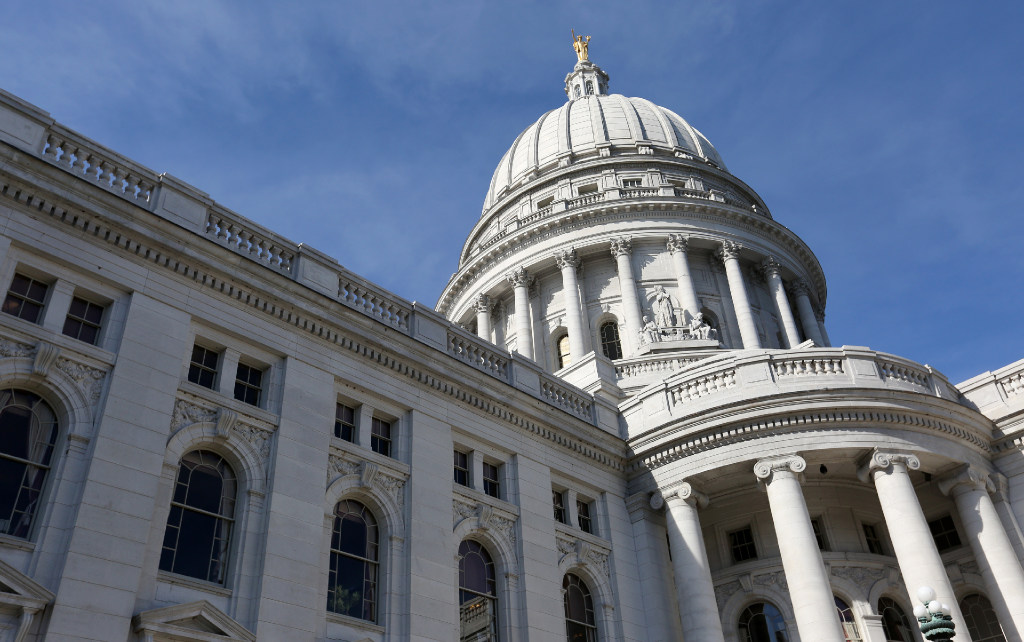A Dane County judge who denied a motion to delay the timeline for the guv to call two special elections ripped the state DOJ’s arguments as “speculative” and suggested Republicans are trying to deny representation to voters in the 1st SD and 42nd AD.
Judge Richard Niess Tuesday argued the governor has a “compulsory duty” to call elections as he rejected a motion the state DOJ filed last night asking to extend to next week the deadline under which Gov. Scott Walker has to call the special elections.
“This court, and no court that I’m aware of, is at liberty to ignore the law in order to facilitate the Legislature’s consideration of bills that might become law,” Niess said.
The decision leaves in place the original timeline a different Dane County judge laid out for Walker to call special elections in two vacant seats by Thursday. DOJ had requested delaying that to April 6.
>> WisPolitics is now on the State Affairs network. Get custom keyword notifications, bill tracking and all WisPolitics content. Get the app or access via desktop.
The delay would have given the Legislature time to meet in extraordinary session next week to pass its own special elections legislation. Still, Senate Majority Leader Scott Fitzgerald said in a statement today his chamber is still planning to move forward with a public hearing on the language tomorrow.
“There are legitimate issues with military and overseas voting that need to be addressed,” the Juneau Republican said.
A Walker spokesman referred to the DOJ for comment. A spokesman there said the office is discussing next steps. Meanwhile, the office of Assembly Speaker Robin Vos, R-Rochester, did not immediately return a request for comment.
In his arguments for the state, Assistant AG Anthony Russomanno said the court delaying the special election order by eight days would not change the governor’s intention of holding special elections June 12 if the Legislature fails to pass the special elections bill next week.
“It will not matter to the outcome of when the actual special election would be held if the Legislature does not in fact pass this new law,” he said.
Niess said he could not rely on what the Legislature might do. He also rejected the DOJ’s argument that voters could be confused by a call for a special election just weeks before nomination papers circulate for the November election.
“Am I to presume that the Legislature is going to pass a bill that immediately affects individuals in unrepresented districts who will have no vote on that bill, that’s going to deprive them of an election that has been ordered by Judge (Josann) Reynolds?” he asked.
At the hearing, Walker’s counsel did not say if it planned to appeal. But the attorneys indicated they are likely to ask the court to vacate its election order if the Legislature does pass the special election legislation next week.


